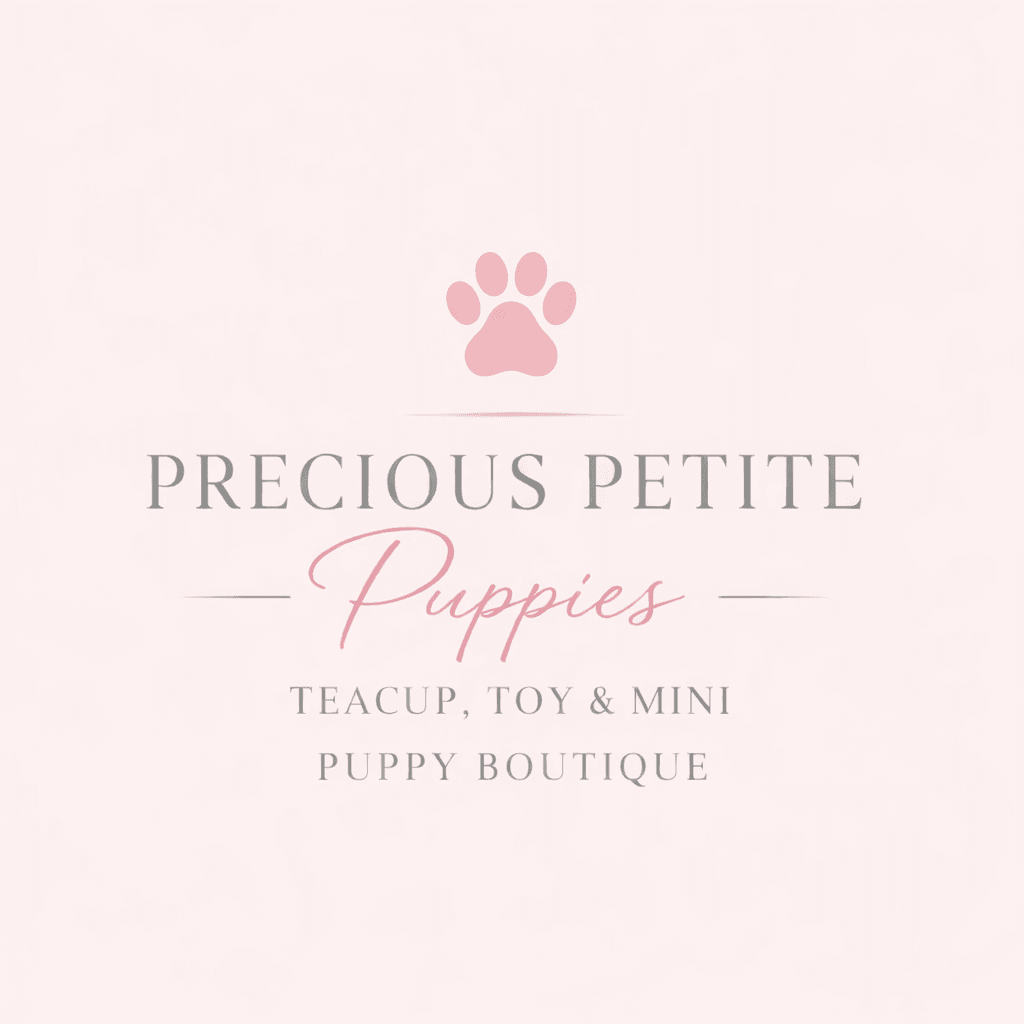Puppy Nutrition 101: Feeding Your New Pet
PP
Understanding Your Puppy's Nutritional Needs
Bringing home a new puppy is an exciting adventure, but it comes with the responsibility of ensuring your furry friend is receiving the right nutrition. Just like human babies, puppies have unique dietary needs that are crucial for their growth and development. It's important to understand these needs so you can provide a balanced diet that supports their overall health.
Puppies require a different nutrient balance compared to adult dogs. They need higher amounts of protein, fat, minerals, and certain vitamins to support their rapid growth. Ensuring that your puppy's diet is nutritionally complete and balanced is essential, as deficiencies or excesses can lead to health problems down the road.

Choosing the Right Puppy Food
When it comes to selecting puppy food, there are countless options available on the market. It's important to choose a high-quality commercial puppy food that is specifically formulated for growth. Look for products labeled as "complete and balanced" by the Association of American Feed Control Officials (AAFCO), which ensures they meet the minimum nutritional requirements for puppies.
Whether you opt for dry kibble, wet food, or a combination of both, ensure the first ingredient is a high-quality source of protein, such as chicken, beef, or fish. Avoid foods with excessive fillers like corn and soy, which may not provide optimal nutrition for your growing pup.

Understanding Feeding Schedules
Feeding schedules are just as important as the type of food you choose. Puppies typically require more frequent meals than adult dogs due to their smaller stomachs and higher energy needs. A general guideline is to feed your puppy three to four times a day until they are around six months old. After that, you can gradually transition to two meals a day.
Consistent feeding times help regulate your puppy's digestive system and establish a routine. Make sure to measure their food portions based on the feeding guidelines provided on the packaging and adjust as needed based on your puppy's growth and activity level.
Introducing Treats and Snacks
Treats can be a great way to reward your puppy during training sessions or simply show them some love. However, it's important to ensure that treats make up no more than 10% of their daily caloric intake. Opt for healthy options like small pieces of cooked chicken or commercial treats specifically designed for puppies.
Avoid giving your puppy human food, especially items that can be toxic to dogs, such as chocolate, grapes, and onions. Always read labels carefully and consult with your veterinarian if you're unsure about any particular treat or snack.

Monitoring Your Puppy's Growth
Regularly monitoring your puppy's weight and growth is essential to ensure they are developing properly. Keep track of their progress by weighing them weekly and observing changes in their body condition. If you notice any sudden weight fluctuations or if your puppy appears underweight or overweight, consult your veterinarian for guidance.
Your vet can provide personalized advice on adjusting your puppy's diet and feeding regimen if necessary. It's always a good idea to have regular check-ups to ensure your puppy is healthy and thriving.
The Role of Hydration
In addition to providing a nutritious diet, ensuring your puppy stays hydrated is crucial. Fresh, clean water should be available at all times, especially after meals and playtime. Puppies are prone to dehydration, which can quickly become serious if not addressed promptly.
If you notice signs of dehydration such as lethargy, dry gums, or sunken eyes, make sure your puppy drinks water immediately and contact your veterinarian for further advice.
